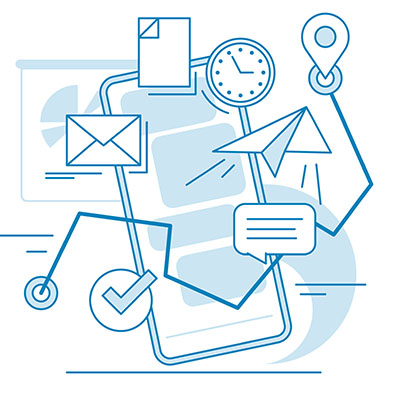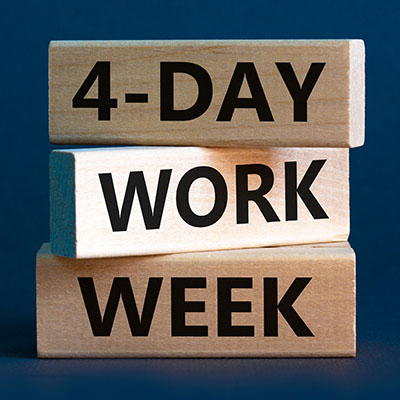If you’re anything like me, you’ve always got a thought in the back of your head regarding your business and how you can make it more productive. While there are a lot of different ways you can do so, we wanted to focus on one that might not be the first to come to mind: communicate more.
Oh, the afternoon meeting, the woe of many office workers around the world. Sometimes they are fine, but other times, it’s very clear that they are not always an effective use of your time. Despite this, there is still a heavy emphasis on meetings in the workplace, to the point where some employees feel that their time is being wasted and misused as a result—a premise that is supported by surveys and research.
If we asked you to identify the one hour of your day when you get the most done, would you be able to tell us? Even more interestingly, do you know how to get the most out of your so-called “power hour?” Let’s take a look at some of the theories about how you can make the most out of your most productive time in the workplace.
Last week, we wrote about how patience plays a big role in people’s ability to be productive and efficient. This week we want to explore a few ways to help the people in your organization to become more patient. We all know people in our lives that seem like they could definitely take a chill pill. If that is you, using these four suggestions can help you be more patient in situations that demand it.
People can be very productive. They can also be pretty terrible at being productive. The staff that can find consistency in their productivity typically results in a pretty successful business. Obviously, people have all types of suggestions on how to improve staff productivity, individual productivity, and a lot of it is just hitting on the same stuff. There is one variable, however, that is found in a lot of productive people: Patience.
Productivity is the measure of how your business operates. Without a certain standard of it, any business will stagnate or fail. The overall productivity of your business comes down to a combined effort of the tools you deploy and your employees’ ability to maximize individual productivity. This week, we will take a look at how the emergence of technology built specifically for your business directly correlates to higher degrees of productivity.
It’s incredibly important that your business understands where it’s allocating its time, money, and resources, especially with technology-related challenges. Today we want to discuss what is called the digital employee experience, or DEX, and how understanding your employees’ relationships with technology can shape the way they approach the workday.
Smartphones are a critical part of your business’ productivity, but sometimes you and your employees might have differing views on how to translate that productivity into profitability for your business. If you want to avoid the pitfalls associated with smartphones, well, today’s article might just be for you. Here are four tips and tricks you can use to get your smartphones to work for you.
Picking up on the fact that the workplace is changing isn’t exactly difficult nowadays—the past few years of remote work and mass resignations have made it abundantly clear that today’s employees are looking for more control in terms of balancing their work lives with their personal ones. One means of doing so that has gained steam is the idea of a shorter workweek.
Customer relationship management is an important facet of any operational business’ processes, which makes the benefits a CRM platform provides all the more needed, and welcomed. Let’s take a few minutes to review what these benefits look like, based on the features your CRM should provide.










